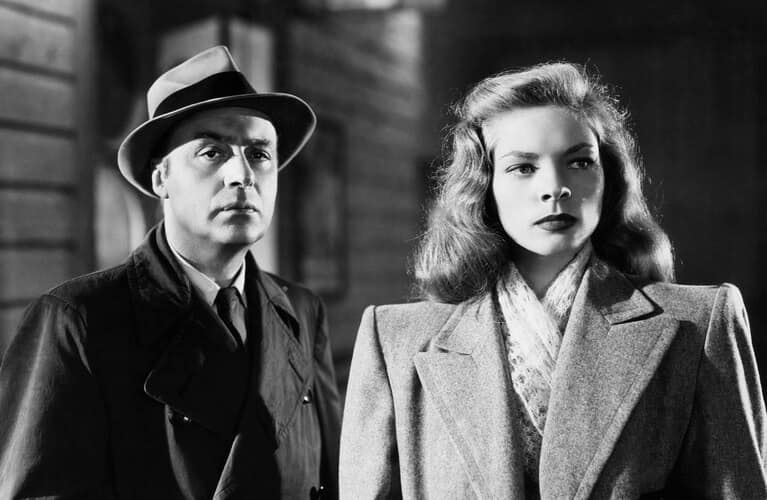 On my reading list this Christmas was Graham Greene’s novel “The Confidential Agent,” which he wrote in 1938, on the eve of World War II. Its hero is a leftist college professor on a secret mission to England to help his besieged European government resist a nationalist-fascist putsch. While the text doesn’t say so, Greene had in mind the Spanish Civil War. Early in 1939, the year the novel was published, Spain’s progressive government fell.
On my reading list this Christmas was Graham Greene’s novel “The Confidential Agent,” which he wrote in 1938, on the eve of World War II. Its hero is a leftist college professor on a secret mission to England to help his besieged European government resist a nationalist-fascist putsch. While the text doesn’t say so, Greene had in mind the Spanish Civil War. Early in 1939, the year the novel was published, Spain’s progressive government fell.
Greene’s sympathies are with his hero, described only as D. Some call the Spanish Civil War World War II’s prequel. As Greene was writing, hyper-nationalist, genocidal Nazi Germany was preparing its onslaught. His novel helped focus my prayers for the new year — because resurgent nationalism and tyranny stalk our nation and world, and because our hope is in the name of the Lord, maker of heaven and earth.
A self-described Roman Catholic agnostic, Greene believed in decency and grace even in the heart of darkness. Thanks to a series of near-comic maneuvers, helped along by kind people, D. finally escapes England aboard a cargo ship, his mission for the Loyalists having ended in near disaster. Both sides will probably be after him when he gets home. In the last pages, we learn that his love interest, Rose, has smuggled herself aboard and joined her fate to his. Rose says (and these are the novel’s last words): “You’ll be dead very soon: you needn’t tell me that, but now …”
But now, if I may be permitted to complete Graham Greene’s sentence — but now, life and love. Writing from a Christian perspective helped him get away with a happy ending even as world historic shadows lengthened. “Perhaps that’s what the saints were at with their incomprehensible happiness,” he wrote. “They had seen the end of the story when they came in and couldn’t take the agonies seriously.”
We shouldn’t romanticize anyone’s faith and suffering. We want everyone to take suffering seriously, especially if it can be avoided because it’s the result of malice, carelessness, injustice, or human-induced scarcity. But some of us are old enough to have gotten used to the idea that, over time, as the result of steady economic and political progress, we’d be happier, and safer from suffering. In the months and years ahead, that’s won’t necessarily be true. Things could get a lot worse before they get better. I’m afraid that the relative stability of life in the U.S. since the end of World War II, and the incredible privilege and comfort most of us enjoy, have lulled us into thinking that we have more far control over our destinies that we really do.
Unless Israel choose a decent government, for instance, and its enemies finally accept that it is here to stay as a Jewish state, succeeding the Gaza war will be more occupation and settlement agony for the Palestinians and more Hamas terrorist attacks. A negotiated settlement in Ukraine, which is increasingly likely, would leave Putin in control of a fifth of the country and risk more war in Europe. Nationalism is on the ascendant in Europe and Latin America. War and starvation continue to stalk Sudan and Somalia. China threatens to invade Taiwan and draw the U.S. into another terrible war. If Trump gets power again, his despotism, incompetence, and indecency could make our country unrecognizable.
We pray it will be otherwise. Not all of this may come to pass. And whatever is in store, God came down in first-century Bethlehem to show us that all manner of things would be well, despite outward appearances. This is the assurance we crave for ourselves and therefore, because we are Christians, for everyone else. That bears repeating: Whatever blessing we are feeling this fifth day of Christmas and on the eve of the new year, we pray it for everyone. If we are suffering, we pray for the end not just of our suffering and everyone else’s. If we have resources — wealth and privilege; life, liberty, and our sacred honor — we put them on the line for what is right in God’s sight. If we’re worried, we don’t let it paralyze us. We do the best we can, all the time, and trust, even when shadows fall, that the darkness will never overcome the light.
Even if the second quarter of the 21st century resembles the middle of the 20th or worse, we will always have the authority of our values and the confidence of our faith. “So for now,” life and love. Above all, we count the blessings conferred by those closest to us in our families, neighborhoods, workplaces, and churches. “Nobody ever knows how long a parting is for,” Greene wrote; “otherwise we would pay more attention to the smiles and the formal words.” Let’s do all we can to tighten the ties that bind. And whatever happens, Happy New Year!
